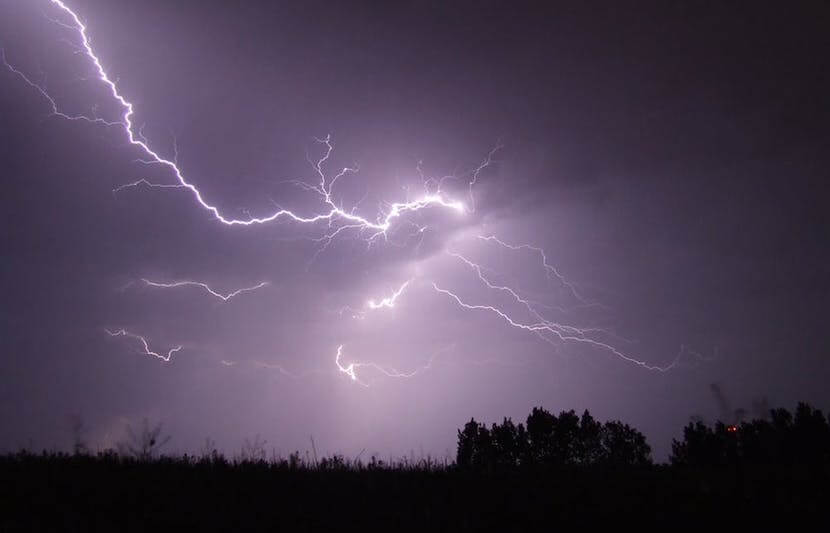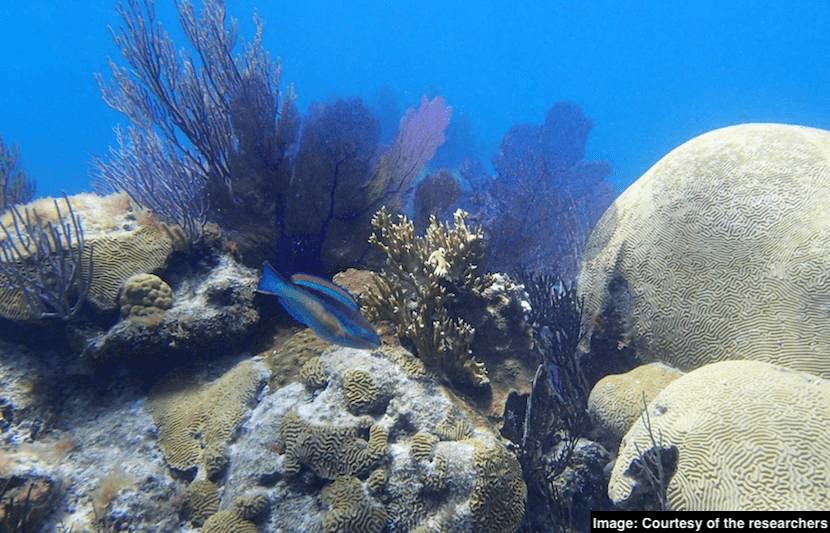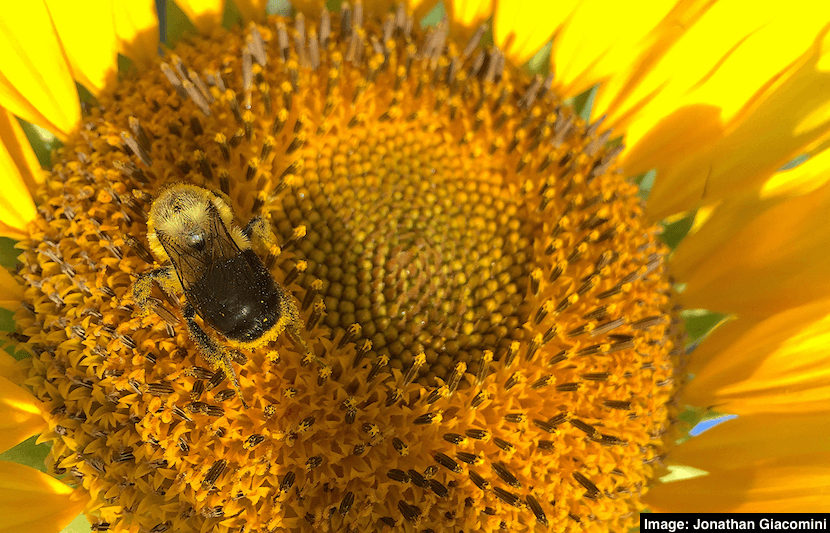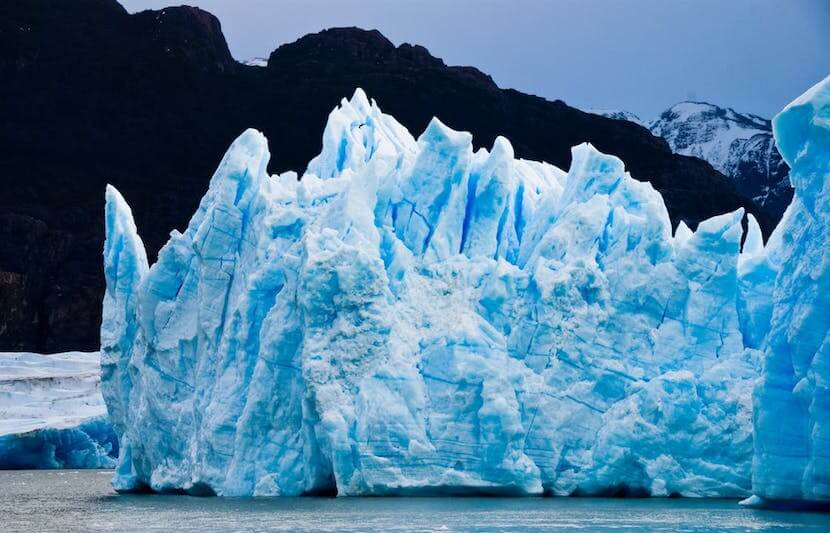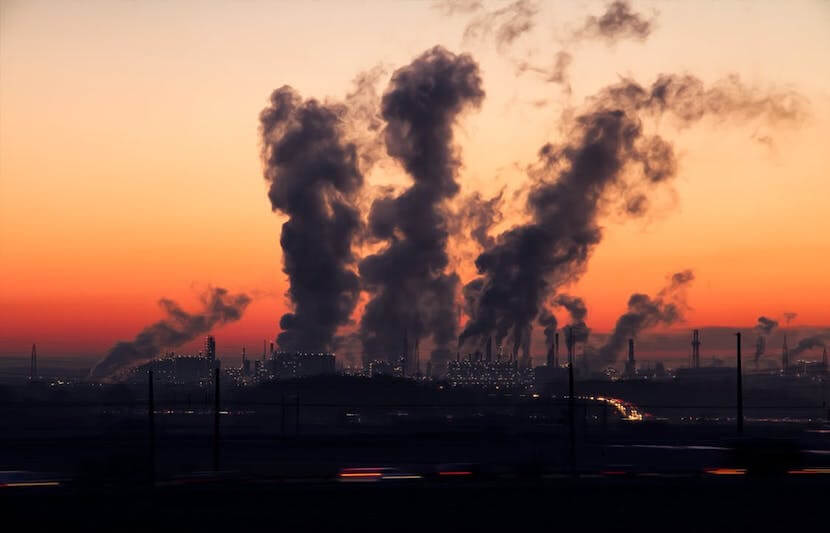-

Sustainable Fashion Feels Good and Looks Even Better
Sustainability has a new look. No longer just about hand-me-downs in families and vintages in thrift stores, sustainable fashion has been the talk of the year in the fashion industry. As more consumers are getting interested, the market is responding. According to a research by Common Objective, in the past six years, Google searches for… Read More
-

Clean Water Act Dramatically Cuts Pollution, but at What Cost?
The 1972 Clean Water Act has significantly improved the quality of water in the U.S., but the costs of the act are outweighing the measured benefits, a recent study finds. The Clean Water Act is noted as one of the greatest successes of all time in environmental law. Fifty years ago, the Cuyahoga River was… Read More
-

Why the World Should Turn to Ocean-Based Climate Solutions
Transitioning to ocean-based renewable energy sources has a high potential for slowing down climate change and its impacts, a new study published in Frontiers shows. The world is already seeing the effects of climate change — from more damaging hurricanes to megafires — that take a toll on human health. And even if the Paris… Read More
-
New System Stores Summer Solar Energy for Use In Winter, at Night
The future of solar energy may not look the way you might expect. As solar panel and battery technologies grow more and more sophisticated, making it possible to dream of a day where we live off the sun’s energy, scientists at Chalmers University, Sweden, are developing a bold new solar technology — a chemical liquid… Read More
-
Why Mental Illness Should Be One of our Largest Climate Concerns
Most people can agree that natural disasters, such as hurricanes, droughts, wildfires and floods devastate communities. They injure, kill, displace and change people’s lives forever. Major disasters often receive at least some coverage and aid immediately after they happened, but they rarely get the attention they deserve in the years that follow. People move on.… Read More
-
Global Warming Will Intensify Mediterranean Wildfires, if We Don’t Change
Global warming will increase the potential of wildfire damage in Mediterranean Europe, a study led by researchers from the University of Barcelona (UB) finds. The good news is, if the world can limit global warming to just 1.5 degrees Celsius, the damage from wildfires will be significantly less. “To draw this conclusion we combined regional… Read More
-
Thickening Plant Leaves: A New Threat to Climate Change
In some parts of the world, CO2 levels have risen so high that plant leaves have begun to thicken. Because thicker plant leaves are less efficient at absorbing carbon dioxide, this seemingly harmless physiological response to rising carbon dioxide levels may worsen the effects of climate change, according to researchers at the University of Washington.… Read More
-
Why Can’t Devastating Weather Events Convince Climate Skeptics?
Extreme weather events are becoming much more destructive. In the past six years Americans have experienced four of the five costliest hurricanes in U.S. history. But extreme weather events, alone, are not enough to convince skeptics that humans are causing climate change, researchers from the University of Exeter, University of Michigan and University of Texas… Read More
-
130-Year-Old Brain Coral Reveals Nitrogen Pollution Not As Bad as Previously Thought
Every year, hundreds of millions of tons of nitrogen fertilizers seep into nearby bodies of water, wreaking havoc on marine life by causing algal blooms and creating massive dead zones. However, while nitrogen pollution is increasingly recognized as an urgent threat to marine ecosystems in coastal areas across the world, little is known about how… Read More
-
How Sunflower Pollen Can Save Declining Bee Populations
Declining bee populations could be saved by sunflower pollen, researchers from North Carolina State University and the University of Massachusetts Amherst find. Humans rely on bees for more than just honey. Food production, ecosystems and the economy are all dependent on the survival of our six-legged friends. For these reasons, scientists have been longing for… Read More
-
Atlantic Forest Mammal Population Devastated by Human Activity
Centuries of human activity in Brazil’s Atlantic Forest have cut its local mammal populations in half since the 1500s. This was the conclusion of a team of researchers from Brazil’s Universidade Federal de Santa Catarina and the UK’s University of East Anglia, whose paper is published in the journal PLoS ONE. Although the forest is… Read More
-
Ice Caps Are Melting in Unheard-Of Ways
Sea-level rise may be the biggest threat posed by climate change. And that’s not breaking news. When global temperatures rise, glaciers and ice caps begin to melt at an accelerated rate. The water that melts off the frozen structures funnels into the ocean and increases sea levels. While melting ice isn’t the only factor that… Read More
-
Universities Show the World How to Erase Carbon Footprints
In April 2018, American University celebrated becoming the nation’s first carbon-neutral university, meaning the school emits no greenhouse gas to the atmosphere — either by not generating them in the first place or by offsetting any emissions. And American University has managed to accomplish its goal two years early. And it’s doing just fine —… Read More
-
Weed Killers Are Killing Bee Populations
The world wouldn’t be the same without bees, and not only because there wouldn’t be any honey to put in our tea. Bees are primarily responsible for pollinating one-third of the food humans consume each day. Food supplies, industries and national economies are all dependent on the survival of our six-legged friends. However, new research… Read More
-
Women Killin’ It in Sustainability Research
Sustainability research has become one of the most important fields in science, particularly as global populations continue to rise and earth’s resources are increasingly spread thin. Luckily, many brilliant minds are working to investigate topics such as clean energy, sustainable food systems, and climate change — and women are often at the forefront of such… Read More






